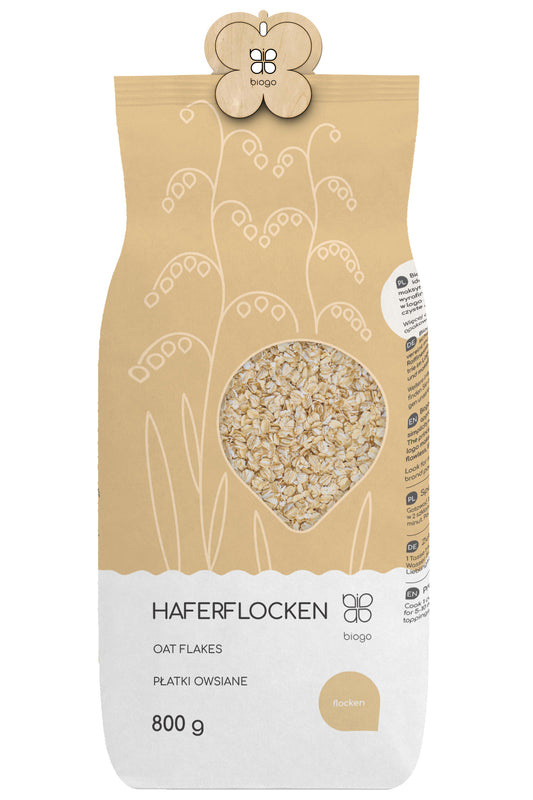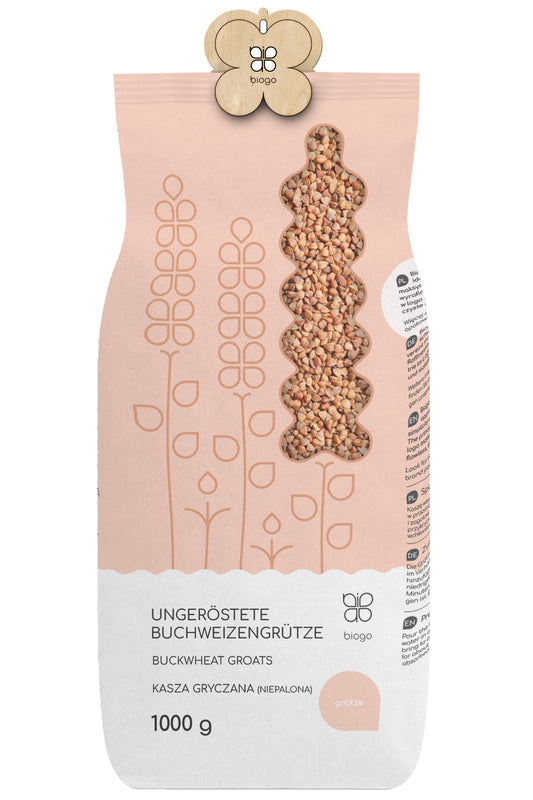A high dose of vitamin D is not everything – about the factors that inhibit its absorption
- Too much body fat
- Vitamin D supplementation without fat in the diet
- A long stay outdoors is not always sufficient for the production of vitamin D through the skin
- A magnesium deficiency is almost certainly a vitamin D deficiency
- How does zinc affect vitamin D absorption?
- Vitamin D absorption decreases with age
- Pay attention to the form of vitamin D contained in a particular supplement
- Multivitamin supplement or pure vitamin D supplement – which should you choose?
- Kidney and liver diseases can significantly reduce the absorption of vitamin D
- Summary
Along with ascorbic acid, vitamin D is one of the most commonly purchased dietary supplements in our country. Although our skin can synthesize this vitamin easily with the gentle help of sunlight, the number of months of the year with suitable conditions is limited. This is, of course, due to the specificity of the climate in which we live. Despite this, the number of sunny days per year is low and usually falls in late spring and summer. However, regular vitamin D supplementation is recommended for the remaining months. It is important to remember, however, that its bioavailability depends not only on the dose administered. There are many factors that can increase its absorption, and just as many that significantly limit it. In this text, we will focus on the latter group and briefly discuss each of them and their effects on vitamin D absorption.
Too much body fat
It has long been known that excess body fat has a very negative impact on our body's functioning. We deliberately omitted the mention of excess body weight, as it can also result, for example, from significant muscle gains during sustained strength training. On the other hand, excessive fat accumulation can not only predispose us to many diseases—including lifestyle diseases—but also significantly limit our ability to absorb vitamin D. This mechanism is relatively simple and simply results from the fact that this vitamin is fat-soluble. It's worth noting that in order for vitamin D to influence the proper functioning of our body, it must first be released into the blood. Excessive fat in the body can cause it to migrate to these tissues and then permanently bind them. This is very unfortunate, as this mechanism applies to both vitamin D supplied in the form of all kinds of supplements and vitamin D produced by exposure to sunlight on the skin. It has also been shown that overweight people are much more likely to be deficient in this vitamin. After all, the incidence is up to 35% higher than in people with normal body weight.
Vitamin D supplementation without fat in the diet
As already mentioned, vitamin D belongs to the group of highly fat-soluble vitamins. A common mistake when supplementing with this vitamin is the lack or very low presence of fatty acids in the daily diet. The best solution is to reach for it immediately before eating a meal that contains even a small amount of this macronutrient. This significantly increases the absorption of vitamin D and facilitates its transport into the bloodstream, where it can perform its functions. It is also worth remembering that the type of fat used in the meal has virtually no significance for vitamin D absorption. However, for purely health reasons, it is worth choosing oils of vegetable origin and fatty sea fish – due to their high content of healthy fatty acids from the omega group.
A long stay outdoors is not always sufficient for the production of vitamin D through the skin
Contrary to appearances, even spending hours outdoors cannot guarantee an adequate supply of vitamin D. The fact is that our skin has effective mechanisms for producing this vitamin. However, we often forget that the right conditions are necessary for this process to take place effectively. Let's remember that due to Poland's geographical location, effective synthesis of vitamin D in the skin can only take place from late April to September. However, it is practically feasible during other months of the year. Moreover, most of us also forget that simply standing in the blazing sun for a long time is not enough; conditions must be right for this. Firstly, it is best to be outdoors from around 10 a.m. to 3 p.m. This is when the sun's rays have the greatest impact on skin production. The presence of clouds is also a very important factor, as even light cloud cover, as well as smog, severely impairs the efficiency of vitamin D synthesis. It has been proven that residents of cities where smog is a common phenomenon have much lower levels of this vitamin than, for example, residents of villages or small towns. The degree of body exposure while on the move is also an important factor. The more skin is exposed to the sun, the more vitamin D we can synthesize. The necessary minimum is about 18% of the body surface, which includes the face, legs, and entire arms. Let's add that the use of all types of UV radiation filters effectively blocks the production of vitamin D by the skin.
A magnesium deficiency is almost certainly a vitamin D deficiency
Many vitamins and minerals interact with each other through various biochemical processes. Magnesium and vitamin D are no different. After all, these two trace elements have similar effects on our body. They contribute to strengthening bones, influence immunity, and regulate blood pressure. It's also worth noting that magnesium determines the conversion of vitamin D into its active form, which is then utilized by the body. Therefore, taking large doses of vitamin D with magnesium deficiency is pointless. Its bioavailability will be extremely low, and only a small portion of it will be converted into the active form. Moreover, it has been proven that vitamin D taken with magnesium deficiency is not only ineffective but can even be harmful. Such studies have been conducted on laboratory animals, and in a large number of cases, this procedure led to accelerated atherosclerotic changes in the coronary arteries and other diseases of the cardiovascular system.
How does zinc affect vitamin D absorption?
For vitamin D to perform its functions in the body, the presence of zinc is also necessary. As with magnesium, these two micronutrients share a number of connections and correlations. Ultimately, it is zinc that enhances the effects of this vitamin. They influence our mood, can prevent depression, and protect us from various pathogenic microbes.
Vitamin D absorption decreases with age
Unfortunately, with age, the body gradually deteriorates. Many biochemical processes occur much more slowly, tissue regeneration capacity decreases, and the risk of certain diseases increases. The same applies to the absorption of vitamin D, as well as its production through the skin. Therefore, older people generally require much higher doses of this microelement. After age 60, it is about double, and after age 75, it can be almost triple. Furthermore, this effect is amplified by the progressive demineralization of bones with age, which increases the risk of bone fractures and simultaneously increases the need for vitamin D.
Pay attention to the form of vitamin D contained in a particular supplement
Vitamin D is just a general name for many chemical compounds in this group. The most popular varieties are vitamins D2 and D3. It's worth noting that the first of these is most commonly found in products of plant origin, while the second is the domain of animal products. Both types must be converted into active forms to perform different roles in our body. However, it's worth remembering that vitamin D3 is almost three times more effective than its counterpart in this case. Therefore, it's worth carefully reading the package inserts of the supplements we take. It's best to choose those in which the largest percentage is the D3 form, due to its much greater bioavailability and effectiveness.
Multivitamin supplement or pure vitamin D supplement – which should you choose?
Recently, all kinds of supplements containing many vitamins and minerals in a single tablet have become extremely popular. Moreover, their price is often even lower than their monovitamin counterparts. However, it's worth asking yourself whether it makes sense to take a whole range of chemical compounds, of which we often only need one? The answer, of course, is no. The fact is that such supplements contain many different chemical compounds in small doses. Moreover, they work most effectively when we actually have a deficiency of a specific micronutrient. Therefore, targeted supplementation, that is, one containing a chemical compound in a capsule, is much better. It should also be noted that taking many different vitamins and minerals at the same time increases the risk of an overdose of one of them, and therefore we may experience severe effects later. It should also be remembered that in such a situation, there is a high probability of interaction between them. One of the most common situations of this kind is the limitation of the absorption of one macronutrient by another due to competition for the same receptors, for example, in the intestine. As a result, one of them may become virtually unavailable to our bodies. Therefore, it's best to choose only supplements that can significantly supplement our deficiencies.
Kidney and liver diseases can significantly reduce the absorption of vitamin D
Healthy kidneys and liver are key organs for the proper absorption of vitamin D. These organs are responsible for much of its metabolism and, thus, its conversion into the active form. It's important to note that it doesn't matter whether this vitamin is produced by our skin, consumed through food, or through the use of various supplements. If one of these two organs isn't functioning properly, our body will have significantly lower amounts of the active form of vitamin D. Therefore, its low blood levels can be a signal that it's worth taking an interest in the health of your kidneys and liver.
Summary
We've outlined all the connections between various factors and vitamin D absorption. This is because the dosage, as well as long hours spent outdoors on sunny days, can't always guarantee an adequate supply of this micronutrient. Our bodies are quite complex and require various chemical compounds to function properly. Furthermore, they are closely correlated, and a deficiency in just one of them can have a significant impact on the others. This connection is clearly visible, for example, in the aforementioned vitamin D.
THE PUBLISHER'S CHOICE
Dried dates 1 kg BIOGO
- €4,21
€4,95- €4,21
- Unit price
- / per
Peeled sunflower seeds 1 kg BIOGO
- €3,04
€3,57- €3,04
- Unit price
- / per
Dried organic mango 400 g BIOGO
- €10,99
- €10,99
- Unit price
- / per
Dried White Mulberries 500 g ORGANIC
- €5,84
€6,87- €5,84
- Unit price
- / per
Oat flakes 800 g BIOGO
- €2,34
€2,76- €2,34
- Unit price
- / per
Organic Ground Turmeric 500 g BIOGO
- €5,92
- €5,92
- Unit price
- / per
Milk thistle seeds 1 kg BIOGO
- €3,99
- €3,99
- Unit price
- / per
Popcorn (corn kernels) organic 1 kg BIOGO
- €5,84
- €5,84
- Unit price
- / per
Organic cashew nuts 1 kg BIOGO
- €19,99
- €19,99
- Unit price
- / per
Unpeeled buckwheat groats 1 kg BIOGO
- €2,81
€3,31- €2,81
- Unit price
- / per







































































































































